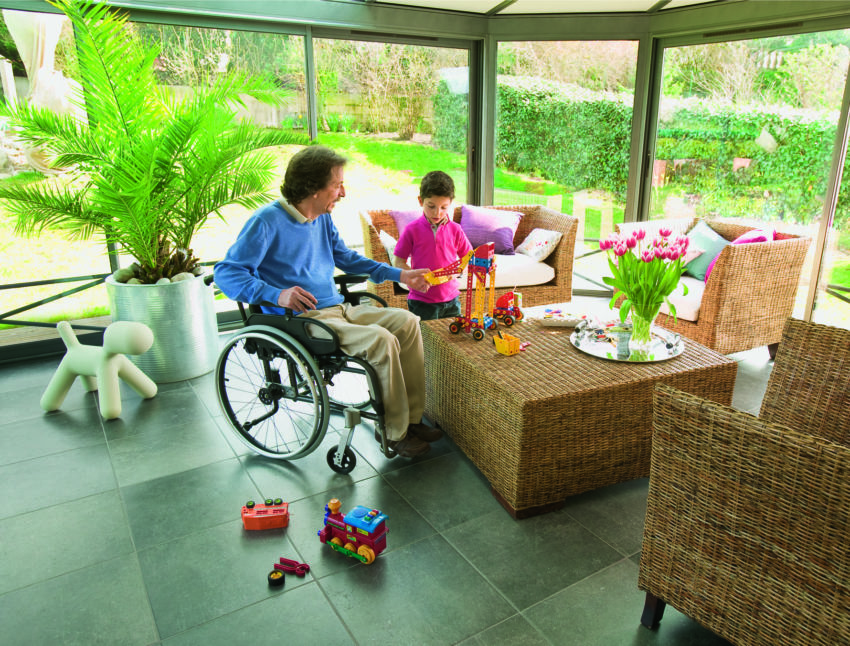Disability is a term that has so often been misunderstood and misrepresented by the societies we live in. To give you a definition, a physical disability is a limitation on a person’s physical functioning, mobility, dexterity or stamina.
Other physical disabilities include impairments which limit other facets of daily living, such as respiratory disorders, blindness, epilepsy and sleep disorders. Sadly, disability has been seen as a particularly negative thing over many years, with disabled people being segregated, and even placed into institutions, because of their impairments. Because of this discriminatory mindset, disabled people can still struggle to find employment, education, housing and even travel and relationship opportunities that many non-disabled people take for granted.
For this article, we wanted to change that mindset and bust some myths about physical disability, so we asked wheelchair users from all over Europe what the one thing they would like to educate non-disabled about would be, when it comes to disability. Below are some of the responses we received:
E, 27, Scotland: ‘I’d like non-disabled people to understand that I’m proud of my impairment, and that disability can be a positive thing that isn’t always shrouded in negativity, shame or pity. My circumstances as a disabled person have led to some amazing opportunities for me and, if I had three wishes, one of them would not be to be able to walk again! That’s how passionate I feel about being a disabled person. So, next time you what to greet a disabled person by calling them brave or inspirational, or telling them how sorry you are that they are in this position as a disabled person, think again!’
A, 29, Italy: ‘The most important education point to teach, in my opinion, is that we are all human beings, and it’s natural to feel curious and want to ask questions. I have cerebral palsy and a speech impairment, and it makes me so sad when children ask their parents why I’m talking differently only to get told off for being rude. They aren’t being rude, they’re genuinely interested in learning about me, and therefore learning about disability! If parents don’t answer these questions and scold their children for being curious, this totally stops the learning process and makes children fear disabled people rather than understand them. So please, parents, allow your children to approach me and ask questions. Let’s have a discussion and encourage education and understanding throughout society!’
Anonymous, 42, Spain: ‘The energy it can take to fight for access, inclusion and equal opportunities is something that I’d like non-disabled people to be aware of. If you can help us to campaign for change and equal access, that not only saves the energy of your disabled friends, it also gets the job done much quicker!’
We hope that this article has been an interesting read, and has given you food for thought when considering how you approach and engage with disabled people of all kinds. It’s not important that you know the names of particular impairments or conditions and what they mean, what is important is that you feel comfortable and confident enough around disabled people to learn from them and help to campaign for changes in access and inclusion in societies all over the world, so that we can all benefit from everything life has to offer, regardless of our ability or background.
